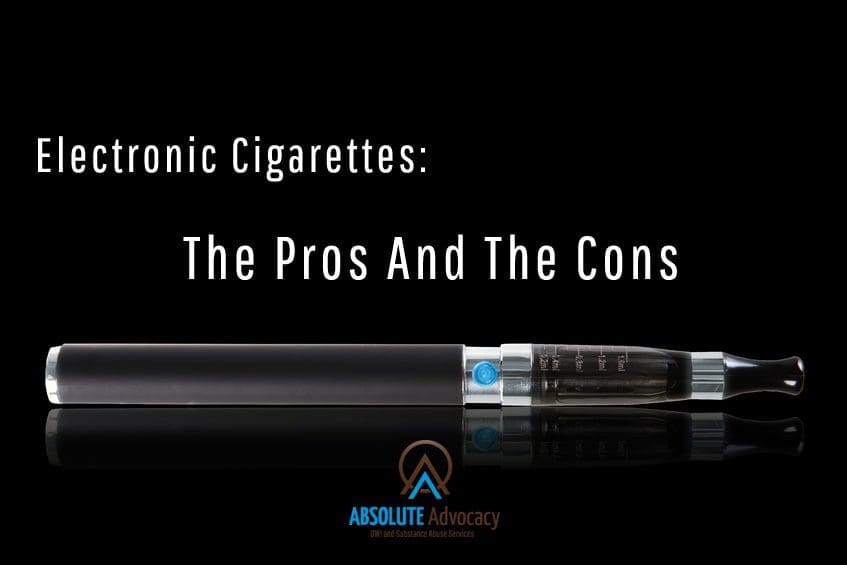Whether electronic cigarettes (e-cigarettes or vapes) are “good” is complex, heavily dependent on context and perspective. They are generally considered harmful to health, though research is ongoing.
Potential Pros of E-Cigarettes
- Reduced Harm vs. Combustible Tobacco: For current adult smokers who completely switch, e-cigarettes expose them to fewer toxic chemicals than cigarettes. Public Health England and others estimate they are likely significantly less harmful than smoking, though not safe.
- Nicotine Without Combustion: They deliver nicotine without burning tobacco, eliminating tar and carbon monoxide, the primary causes of smoking-related diseases.
- Smoking Cessation Tool: Some evidence suggests they can be effective tools for helping smokers quit when combined with behavioral support, potentially more effective than traditional nicotine replacement therapy (NRT) like patches or gum for some individuals. However, they are not FDA-approved cessation devices.
- User Control: Many devices allow users to control nicotine strength and vapor output.
Significant Cons and Risks
- Health Risks: Vaping is not safe. E-cigarette aerosol contains harmful substances including ultrafine particles, heavy metals (like lead, nickel), volatile organic compounds, and flavorings linked to serious lung disease (e.g., diacetyl). Nicotine harms adolescent brain development and is highly addictive.
- Unknown Long-Term Effects: As a relatively new product, the long-term health consequences are still not fully understood.
- Youth Epidemic: Flavors, marketing, and discreet design have driven high uptake among youth, leading to nicotine addiction, potential harm to developing brains, and acting as a gateway to combustible tobacco use for some. This is a major public health concern.
- Sustained Nicotine Addiction: Often used long-term, maintaining nicotine dependence instead of cessation.
- Quality & Safety Concerns: Market variability, potential for device malfunctions (e.g., “exploding” batteries), and contamination risks exist.
- Dual Use: Many users continue smoking traditional cigarettes alongside vaping, negating potential harm reduction benefits.
- Environmental Impact: Disposable devices create significant electronic waste.
Conclusion
E-cigarettes are not good for non-smokers, particularly youth, due to health risks and addiction potential. For current adult smokers unwilling or unable to quit using other methods, switching completely to e-cigarettes is likely less harmful than continuing to smoke. However, the safest option is to quit nicotine entirely using approved cessation methods. The public health benefit is heavily undermined by youth uptake. Therefore, they present a harm reduction opportunity in a very specific context but carry substantial risks and are unequivocally unsafe for non-users.










